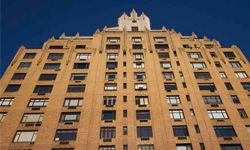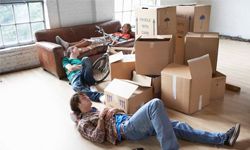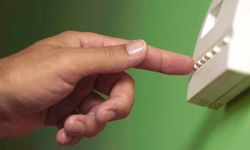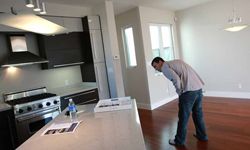Whether you're moving into a new apartment or ending your current lease agreement and exploring new options, you need to make a thoroughly documented inspection of the entire unit. We know you're eager to get unpacked and start decorating the new place, but an apartment inspection is really important.
Here's why: When you move into a new place and things aren't in proper order, your landlord is responsible for fixing them. If the landlord isn't aware of these problems when you move in, they could take the price of repairs out of your security deposit when you move out. In fact, it's probably best to get the landlord to fix these issues before you even sign your lease.
Advertisement
In this article, we'll share a checklist similar to the one a property manager will use when you move out. Without conducting a routine inspection, you could find yourself financially responsible for anything from minor repairs to broken appliances. So it's best to take a look at ten essential items that you need to inspect before renting — or leaving — your apartment.




